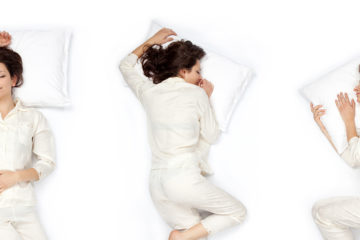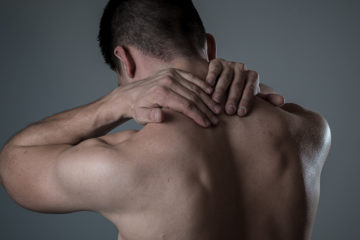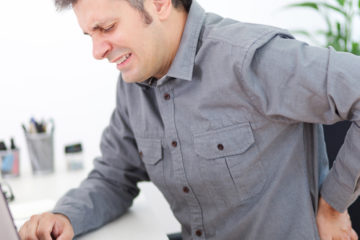That Tingling Feeling – Is It A Sign of Spinal Problems?
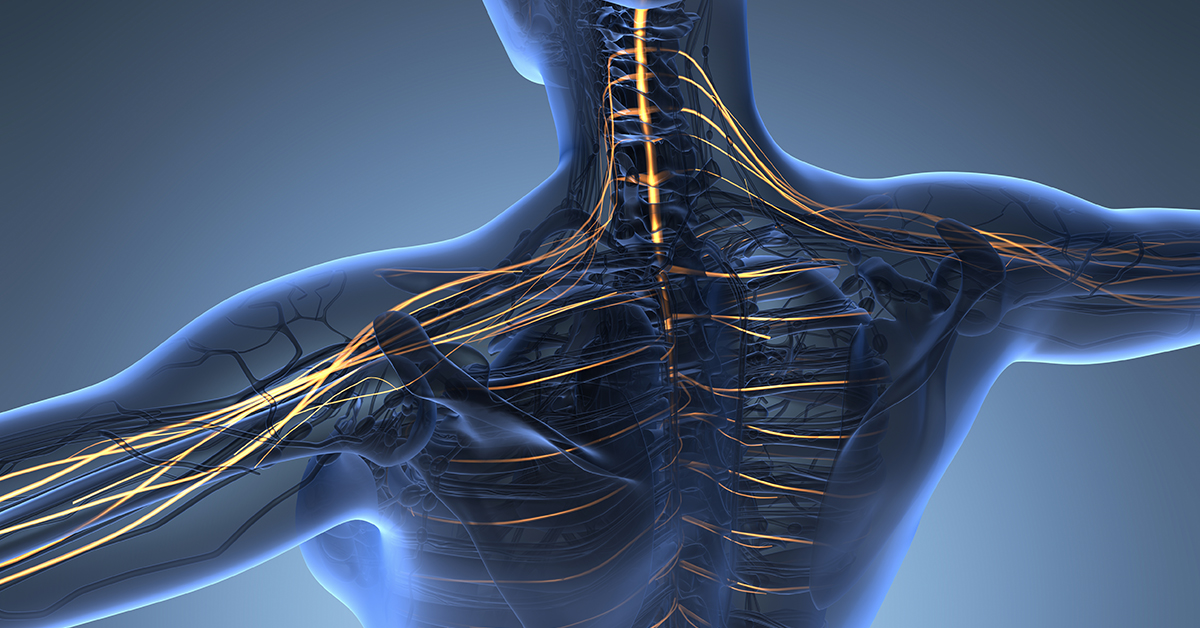
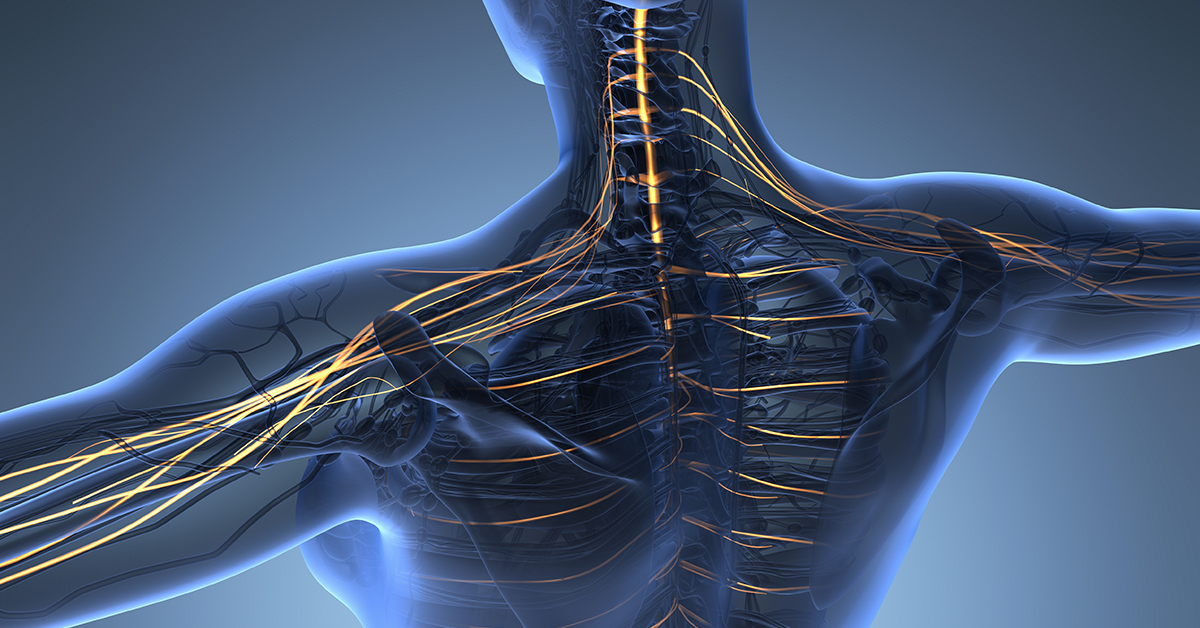
Have you ever experienced numbness or tingling in your arm or leg, your foot or your hand - something that feels like the pins and needles of a limb "going to sleep," but doesn't go away? Some people report shooting pain down their arm or leg, or even a sharp jolt of pain in the arm or leg when they sneeze or cough.
Unexplained numbness? Check With your Doctor
If you have unexplained numbness, tingling or pain in the arm or leg, you should consider the possibility of spinal problems. The spinal cord branches out from the back into the nerves that conduct sensation from the extremities to the brain. Sometimes, a nerve path is disturbed - compressed or pinched for example - as the result of a spinal condition. The interruption is interpreted by your brain as injury, and the result, called "referred pain," is felt in a location far from the true source of the problem in the spine.
Referred Pain Could Indicate Serious Spinal Problems
Tingling or pain in the arm or leg can indicate one or more serious spinal problems, including spinal stenosis, herniated disc, and degenerative disc disease. Let's take a closer look:
Spinal Stenosis
The spinal cord which passes through the open core of the vertebral bones is the pathway for nerves communicating between the limbs, the torso and the brain. Stenosis (a medical for narrowing) can impinge on the spinal cord either inside one of the vertebrae or in the spaces between them. This sometimes happens without adverse symptoms, but for some people the consequence is leg pain ranging from mild discomfort to severe shooting pain - in the lower back, the condition is sometimes called sciatica, named for the large bundle of nerve roots in that region of the spine. Very severe cases can cause foot disorders or issues with bladder or bowel function.
Treatment can range from nonsurgical remedies including analgesics like acetaminophen or NSAIDs like ibuprofen; injection of steroids to reduce inflammation or anesthetics to block pain, rest or a lumbar brace or corset. Chiropractic manipulation and acupuncture show some effectiveness in treating the effects of stenosis as well. Surgery may be an effective remedy in cases where the conditions causing spinal stenosis cannot be permanently altered by nonsurgical treatment. This often involves removing, trimming or adjusting existing bones or spinal disc. Once the impingement or obstruction is relieved, painful symptoms usually end.
Herniated Disc
Sometimes known as a slipped or ruptured disc, a herniated disc most often occurs in your lower back. The intravertebral discs form the flexible pads between the bones of the back, consisting of a gel-like inner layer (Nucleus pulposus) and a tough, flexible covering layer (Annulus fibrosus). The disc can herniate when the inner layer pushes against the outer cover due to injury or just wear and tear; this can cause pain in the back. The back pain may decline if the inner gel breaks through, but the herniated disc can interfere with the spinal nerves and cause referred pain in the leg or arm.
Rest, physical therapy and anti-inflammatory medications are the main nonsurgical treatments; surgery is an option if these measures fail to control symptoms. The risk of post-operative complication is low compared to other surgeries, and as always you should discuss the benefits and hazards of surgery.
Degenerative Disc Disease
Most people's spinal discs will tend to degenerate as they age, but when this deterioration starts at a younger age or progresses with abnormal speed, your doctor might recommendation intervention ranging from pain medication to bracing to surgery that fuses or braces up the collapsing bone that impinges on nerves or spinal cord.
If you're experiencing pain in the arm or leg, don't wait long to see your doctor. Get examined, discuss your concerns and get advice on what options you have for relief.

